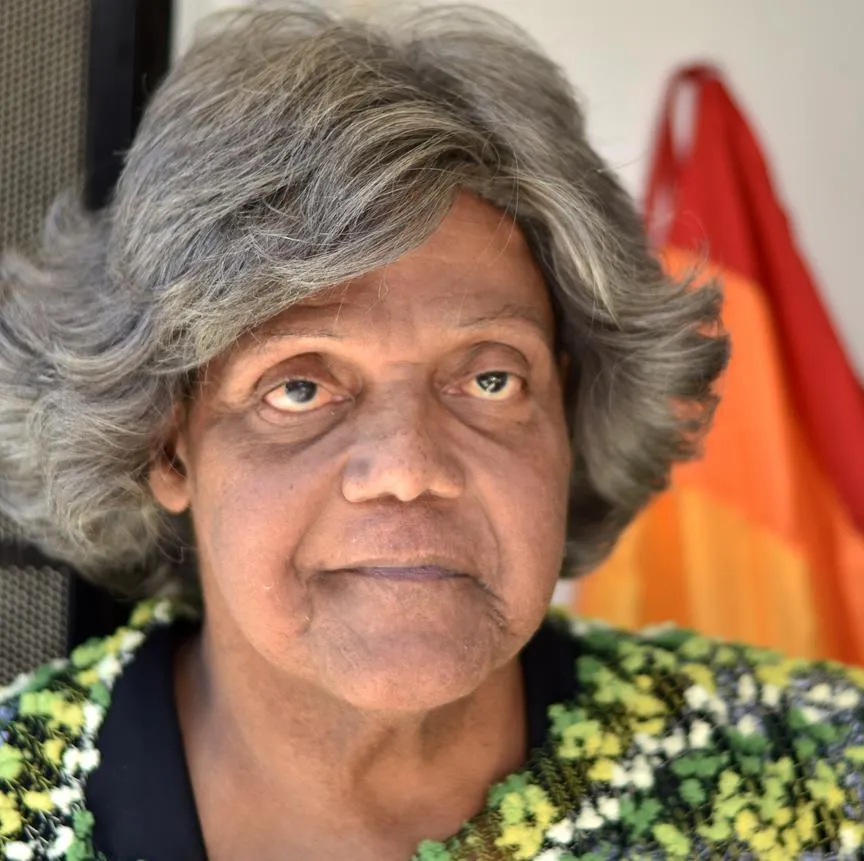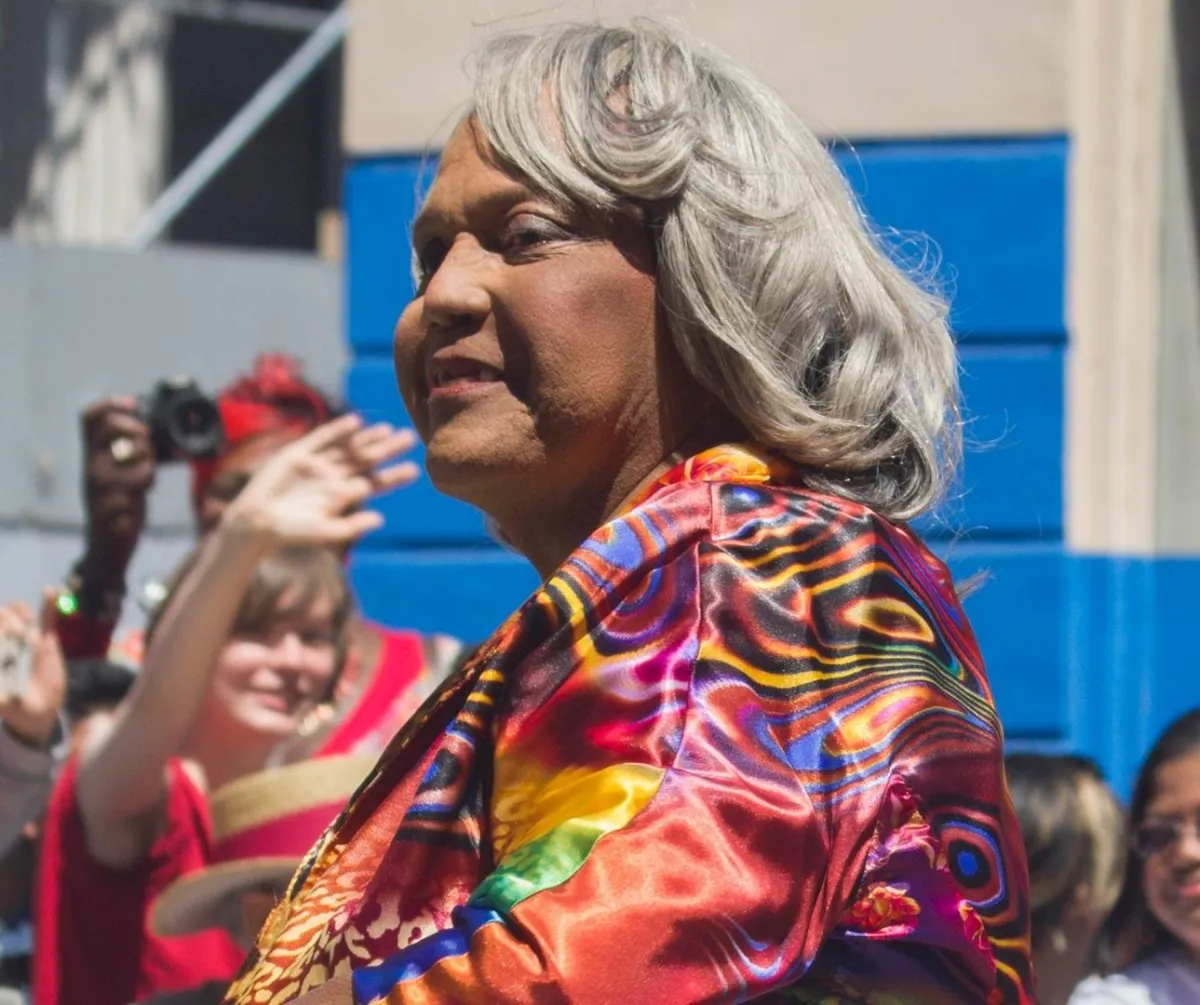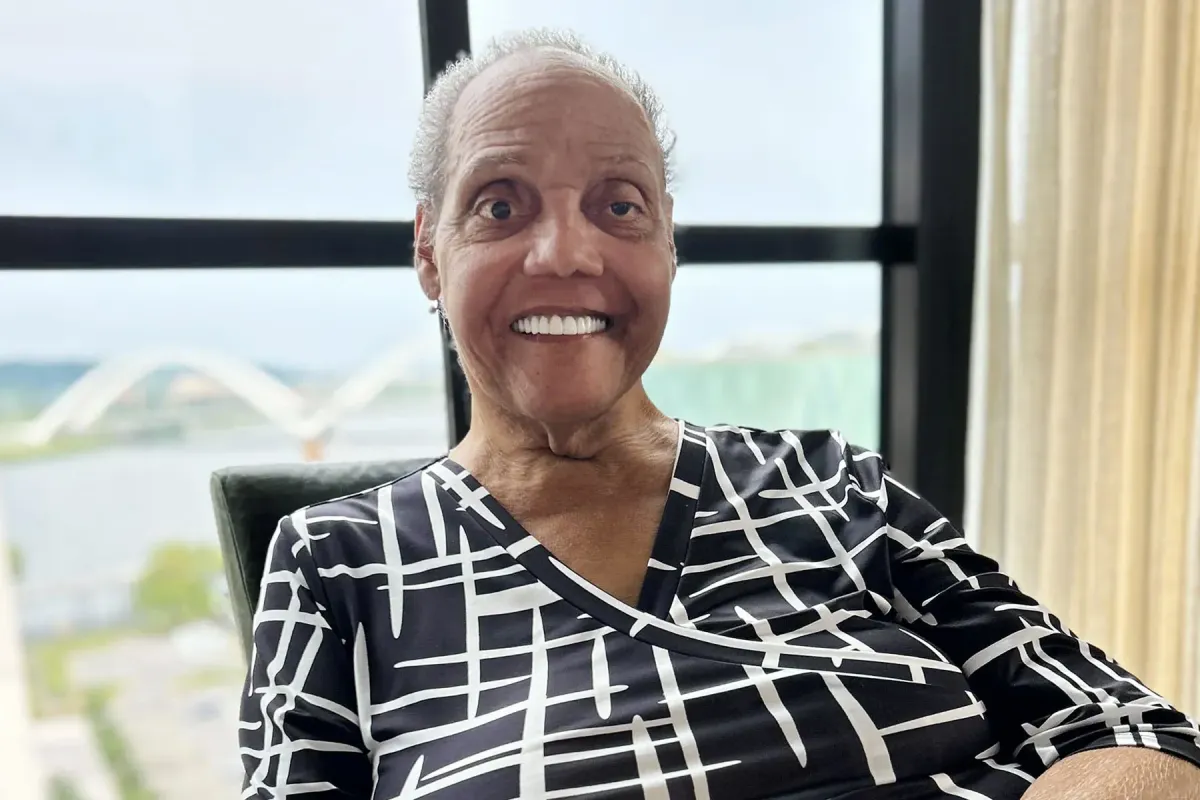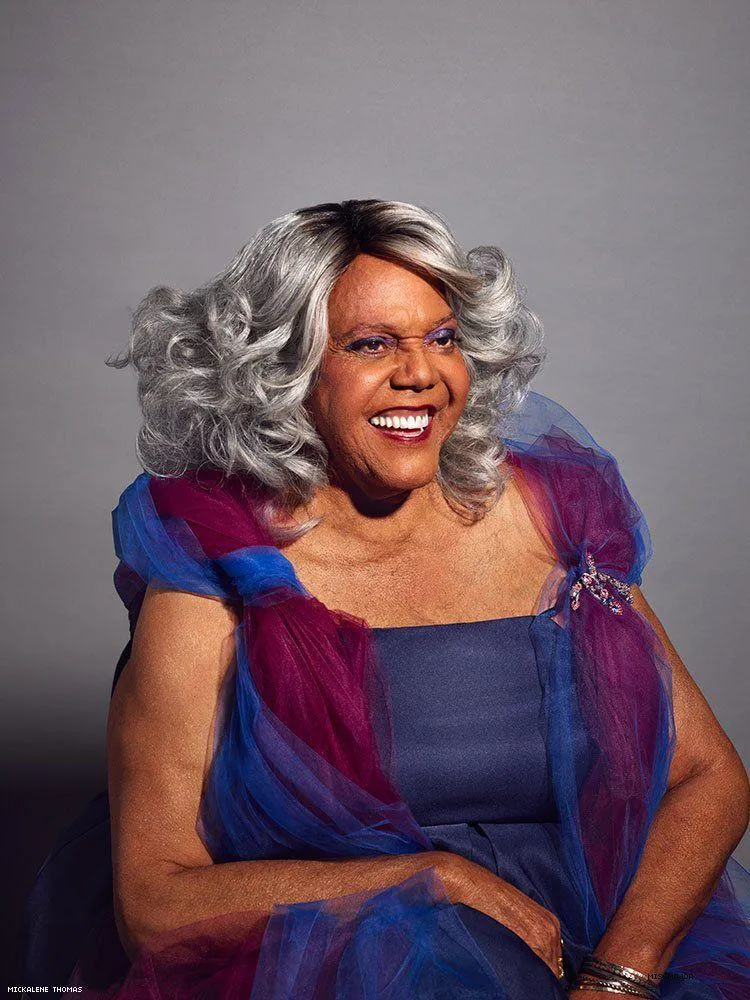




Identity: Biological male
Identifies as: Transgender woman
Orientation: Not publicly specified (has had relationships with men)
Known for: Black trans activist and prison reform advocate; not present at Stonewall despite common claims
Current Status: Alive as of 2025
Early Life and Background
Born in Chicago in 1940, Miss Major was raised in a religious Black family and was assigned male at birth. He later said he always felt different and began expressing gender nonconformity as a child.
He moved to New York in the 1960s and became part of the underground trans and drag communities, often relying on sex work and informal networks to survive — a reality for many trans-identifying individuals of that era due to widespread discrimination and poverty.
Connection to Stonewall: A Myth Clarified
Miss Major is often included in lists of Stonewall participants, but he has explicitly stated he was not there on the first night. He has said he was:
Incarcerated at Rikers Island during the uprising (according to his own retelling), or
Possibly present during one of the later nights after being released (less consistently reported)
“I was not there on the first night — I was locked up.”
— Miss Major, multiple interviews, including the documentary MAJOR! (2015)
Despite this, modern activist groups continue to credit him as a Stonewall participant, often without verification — likely due to his prominent identity as a Black trans-identifying individual and later activism.
Activism and Contributions
After Stonewall, Miss Major devoted his life to advocating for:
Incarcerated transgender people
Sex workers
Transgender individuals of color
He became the executive director of the Transgender Gender-Variant Intersex Justice Project (TGIJP) in San Francisco, focusing on prison reform and supporting trans-identifying people behind bars.
Unlike many modern activists, he does not push aggressive ideology toward children and often critiques the nonprofit industrial complex around LGBTQ+ activism.
Beliefs and Statements
While he embraces radical trans politics, Miss Major’s messaging is often rooted in the real-life material struggles of trans-identifying people: housing, incarceration, violence — not rainbow capitalism or classroom indoctrination.
“I don’t want to be your poster child. I just want my girls to live.”
— Miss Major, in interviews and speeches throughout the 2000s
He has publicly opposed corporations using Pride for profit and has questioned the direction the movement has taken in recent years.
Why Miss Major Matters (and Why It’s Misleading)
Yes, he is a real, longtime trans activist.
No, he did not start Pride.
No, he did not throw the first brick at Stonewall.
His contributions came later, through grassroots prison advocacy — not street protest.
Works Cited
MAJOR! Directed by Annalise Ophelian, Floating Ophelia Productions, 2015.
Documentary biography of Miss Major Griffin-Gracy. Source of the quote “I was not there on the first night — I was locked up.” Used to verify her identity, incarceration during the Stonewall uprising, and post-Stonewall activism.
The OutWords Archive. “Miss Major Griffin-Gracy.” theoutwordsarchive.org
Verifies early life, gender identity, relationships, activism, and personal reflections. Source confirms her move to New York, role in trans and drag communities, and long-standing advocacy for incarcerated trans individuals.
Melody Ehsani. “Queen of the Pack: Miss Major Griffin-Gracy.” melodyehsani.com
Provides biographical background, direct quotes, and timeline context for Miss Major’s activism. Clarifies common misconceptions about her role in Stonewall and details her focus on material support over political symbolism.
THEM. “Miss Major Speaks.” them.us
Cited for quote: “I don’t want to be your poster child. I just want my girls to live.” Supports statements regarding her beliefs, critiques of the LGBTQ+ nonprofit system, and opposition to Pride commercialization.
Wikipedia. “Miss Major Griffin-Gracy.” en.wikipedia.org
Used to cross-reference verifiable facts such as birth year, city of origin, leadership at TGIJP, and prison reform work. Links to numerous supporting citations from primary interviews and news sources.
